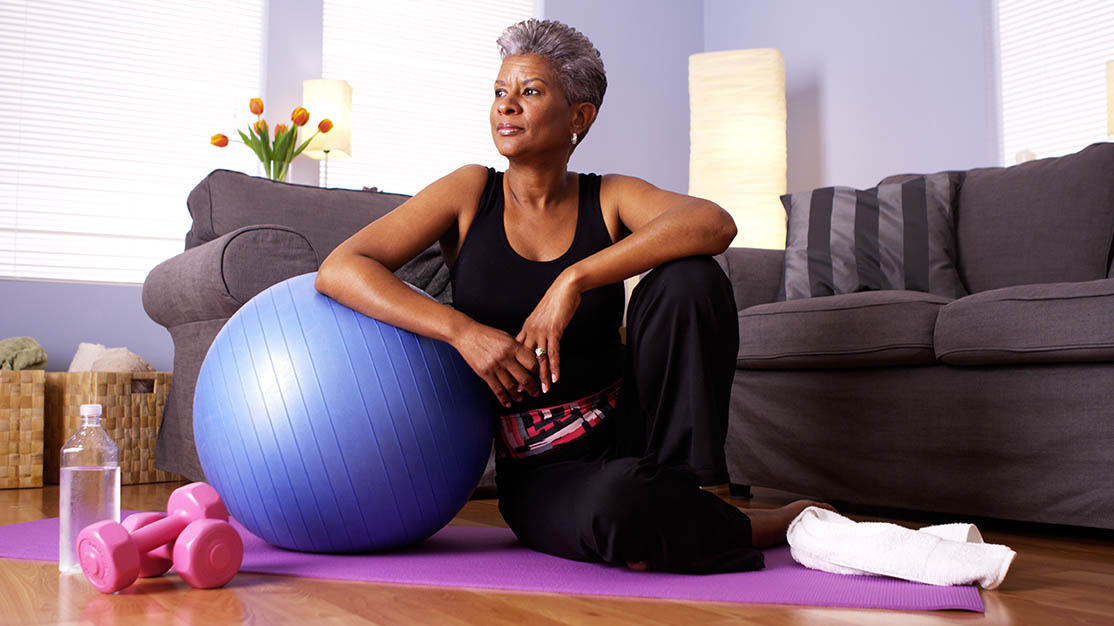Menopause: What to Expect

What is Menopause, Exactly?
Menopause is confirmed after a woman doesn't have her menstrual periods for a full year (and there are no other causes for her periods to stop, such as medications, surgery or medical issues).
Quick Fact: Periods stop because a woman's ovaries no longer produce the hormones needed to get pregnant.
What Age Does it Happen?
On average, normal menopause occurs around age 51, but can happen earlier or later. If periods stop before age 40 (and the woman has not had surgical removal of her ovaries or other medical issues), it could mean premature ovary failure, which should be evaluated by a physician. It's very rare for menopause to happen after age 60.
Quick Fact: Remember that until menopause is complete, a woman can still become pregnant.
Waiting for Perimenopause
Three to five years before menopause, a woman will go through a transition. For most women, as they get older, the time between menstrual periods gets longer and some periods are skipped altogether. Some women can experience heavier bleeding for more days or have some spotting during this time.
Less Hormones, More Bone and Heart Issues?
As you're getting closer to menopause, even before perimenopause begins, think about your heart health and your bone health, which will be less protected as hormones decrease. Ask your physician what you should do to prevent a heart attack, stroke or bone fracture.
Symptoms of Menopause
Quick Fact: If any of these symptoms get to be severe or extremely disrupting, don't hesitate to talk to your doctor or a specialist for more help.
Symptom
| Treatment
|
|---|---|
Hot flashes and night sweats
| Drink ice water
Wear layers of cotton clothing
Avoid triggers like caffeine, alcohol or stress
|
Pain during intercourse
| Use lubricants before intercourse |
Increased urination or other problems
| Consider seeing a doctor if you have burning with urination |
Insomnia
| Try regular bed times
Avoid caffeine or big meals before bed
Avoid screens (tv, tablets or phones) in bedroom
Keep cool so hot flashes don't interrupt sleep so much
|
Mood changes and depression
| Had previous depression, consider seeing a physician
Usually goes away after menopause |
Hair loss and dry skin
| Avoid hair dyes or harsh chemicals
Try deep conditioning
Use good skin moisturizers and sunscreen |
Author's Bio:
Karen Babos is a primary contributor to the Stay Well blog and the Vice President of Clinical Programs and Quality for Walgreens. She is triple-board certified in internal medicine, geriatric medicine and hospice and palliative care.
Clinical Review:
Clinical review by Walgreens clinical team 6/5/2015.